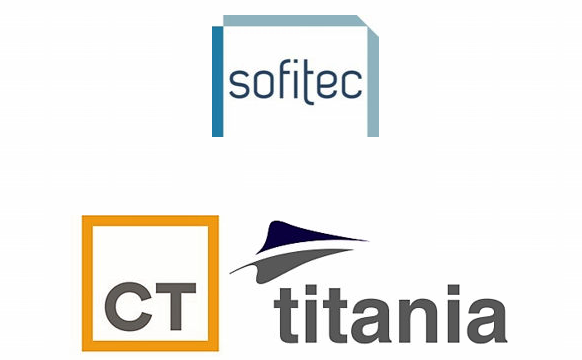EASYJOINT aimed to implement ultrasonic bonding methodology to enable fusion bonding between polymeric materials.
In order to achieve this general objective, the following specific objectives were undertaken:
1. Defining a method that allows rapid characterization of the ultrasonic welding of different materials.
2. Defining the relevant parameters to determine the quality of the joint.
3. Obtaining chemical compatibility between a thermoset and a thermoplastic composite material.
4. Defining a method to prevent thermal degradation of the thermoset composite when subjected to welding temperature.
5. Obtaining adequate resistance to the structural requirements of the welded joint.
6. Checking the influence on the bond of the variation in the modules on both sides of the interface and at the interface (thermoset/thermoplastic/thermoplastic).
7. Obtaining a good Interpenetration Distance between the thermoset and thermoplastic surface medium.
8. Obtaining the appropriate initial conditions for the surfaces of both materials in the selected manufacturing processes.
9. Correct analysis of the topography of the welded joint to identify and analyse the interpenetrating polymer network.
In order to deal with this ambitious challenge, a multidisciplinary consortium was formed by three companies, guaranteeing the necessary skills and knowledge to cover the project’s entire value chain.
In addition, the consortium had the support of EURECAT, the centre in which the ultrasonic welding technology for composite materials was implemented, and which was upgraded for the manufacture of simple and complex monolithic structures.

LTitania’s contribution to this project focused on the one hand, on the tests for the optimisation of the ultrasonic welding process, and on the other hand, on the work of mechanical testing of the demonstrator developed.
The EASYJOINT project was implemented in Andalusia, had a budget of about 1 M€, with a planned execution period of 31 months, and was completed in June 2021. Framed within the FEDER Innterconecta 2018 call, it was subsidized by the CDTI and co-financed by the Ministry of Science, Innovation and Universities and the European Regional Development Fund (ERDF), within Spain’s Pluri-Regional Operational Programme 2014-2020, with the aim of promoting research, technological development and innovation.


